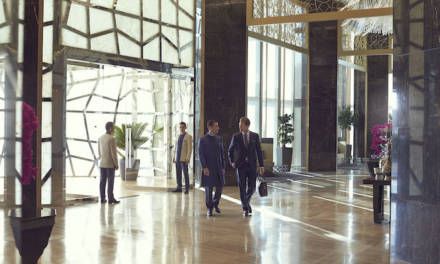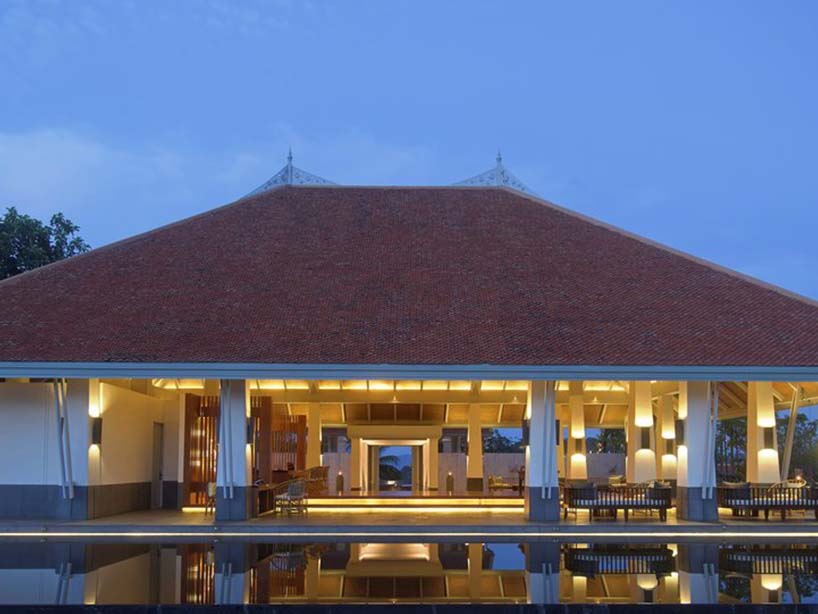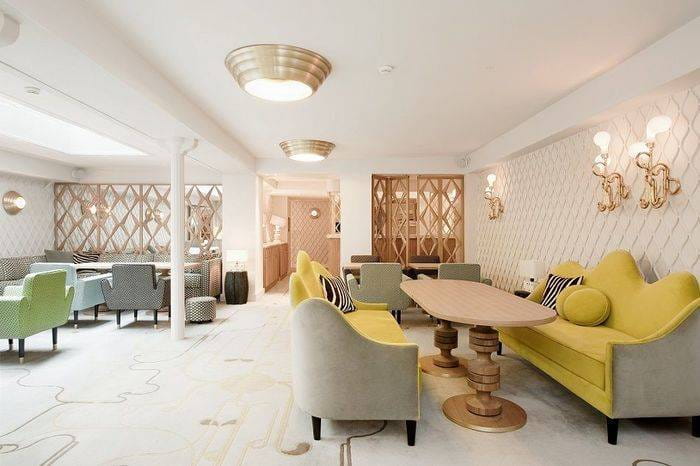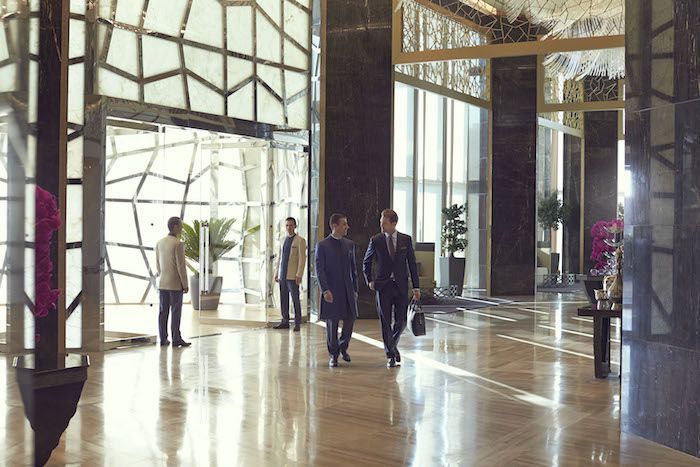I attended the 2017 edition of the ILTM Conference in Cannes. Over the course of the program, I sought out numerous hoteliers and hospitality experts to discover the latest emerging themes and challenges in the luxury hotel industry.
Below you will find my interview on the subject with Markus Mueller, Vice President of Global Marketing at Worldhotels.
What is your vision of digital technology in terms of the guest experience?
What the words ‘digital’ and ‘virtual’ involve and adds to a hotel booking search to a stay is evolving very quickly. We all know about artificial intelligence, a sector that will definitely have a big impact on the experience, from how we search all the way to the stay, in terms of how we experience the room or anything else. We’re in a moment right now where lots of new technologies and fragmented things are coming together, whether it’s beacon technology or blockchain or artificial intelligence or internet gatekeepers. I think it’s an interesting time. We don’t really know which exact experience point or technology will definitely be the key impactor for luxury travel.I would also suggest that it depends on the cultural meaning, age differences, and also geographical differences, and how these impact your travel. What we are doing is looking into consumer trends for our hotels and what’s relevant to them. I don’t think that you can argue at this time that there is only one trend other than unique experiences. There are many trends, and the question is what is relevant for what kind of niche product you want to experience.
To this point, you can only look at our hotels, and these are unique, independent hotels. It depends on what type of hotel. If you’re looking at a corporate hotel in downtown city center, it’s very much about efficiency and technology that reduce pain-points. You might see payment systems and mobile technology in these kinds of corporate hotels. If it’s about our resort hotels which are in a travel location, reducing pain-points is always important, but there it’s more important to add in unique experiences and stories to integrate new digital technology into those types of experiences. We’d probably see artificial intelligence more in these resorts.
Do you think it is necessary to pay for the room at the reception?
Payment technology changes, whether that’s Apple Pay or WeChat. You just go there, you scan, you pay, you have your account. Why? We may be paying for our hotels in bitcoins in the future. Who knows? That’s clearly the trend we’re going toward: paperless and cardless payment. That will probably also go over into leisure travel. We’ve got to be prepared for that.
What are the most challenging issues your company is facing today?
The most challenging issue is digital disruption. It’s the highly fragmented customer platforms and booking reservation systems that don’t talk to each other. It’s the managing of content to make it available to various customer networks. It sounds very easy, but it is not. One platform doesn’t really like the other platform because they’re protecting their own turf. I would almost compare it to a trade agreement. It’s almost like Brexit. Can you trade with this country, or not? You have to have an agreement from one platform to another, plus you have to have the technology to make them talk to each other.
What do you think about the increasing use of home technologies like Siri and Google Home that allow clients to book quickly and comfortably on the go?
I would relate this to when I’m talking about internet gatekeepers. They would use algorithms to determine whatever they would use to present to you, based on whatever behavior you had before or what other suppliers are doing or whatever other factors go into this algorithm. Their algorithm would impact that travel behavior. It’s a good thing, but it can also be a danger.
#ILTM #luxuryHotel #delportehospitality
Worldhotels – Amatara – Thailand – Exterior
Known for his international expertise on luxury hotels through his magazine, Laurent Delporte shares his vision and experiences in the world of hotels on his site DELPORTE Hospitality. He decodes the behind-the-scenes action in the sector: from food and beverage facilities, accommodations, architecture, to the quality of services. He offers interviews, advice, and articles as pragmatic resources that industry professionals and private individuals can refer to in their search for information.


 HOME
HOME













